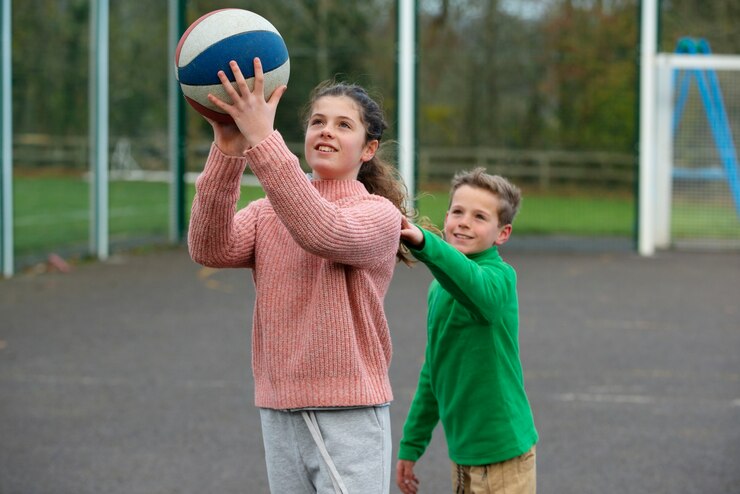
Raising a child with autism spectrum disorder (ASD) can be filled with unique challenges and incredible rewards. But here’s a little something that can make a big difference in their life: physical activity. It might seem like just another part of the daily routine, but when you weave exercise and sports into your child’s day, you’re opening a world of benefits that go far beyond just losing weight or burning off energy.
Why Is Physical Exercise So Important?
Do you believe that exercise is just about getting the wiggles out or losing weight? Think again! For children with autism, physical activity is a game-changer. It’s not just about getting active—it’s about sharpening the mind, building motor skills, and improving coordination.
Plus, it’s a fantastic way to help your child develop crucial social skills. Imagine your child learning to take turns or follow the rules while having fun in a team sport. Sounds like a win-win, right?
But wait, there’s more! Regular exercise is also a superhero when it comes to managing behavioral challenges. Research shows that kids with ASD who stay active see reductions in repetitive behaviors, aggression, and anxiety. And here’s a fun fact: exercise releases endorphins, those magical little chemicals that boost mood and create a sense of well-being. So, not only is your child getting stronger and more coordinated, but they’re also feeling happier and more balanced.
The Benefits of Exercise and Sports
Exercise and sports offer numerous benefits for children with autism:
- Improved Physical Health: Regular activity helps in maintaining a healthy weight, strengthening the cardiovascular system, regulating gut health, and improving overall physical fitness.
- Enhanced Motor Skills: Activities like swimming, dancing, or martial arts can help improve coordination, balance, and fine and gross motor skills.
- Better Behavioral Regulation: Physical activity has been linked to reduced symptoms of hyperactivity and impulsivity in children with autism.
- Social Skill Development: Team sports and group activities provide valuable opportunities for social interaction, helping children learn to cooperate, communicate, and build relationships.
- Increased Self-Esteem: Success in physical activities can boost a child’s confidence and self-worth, contributing to a positive self-image.
- Stress Relief: Exercise is a natural stress reliever that helps manage anxiety and improve overall mental health.
Physical Activity and ASD: The Bigger Picture
Beyond the physical perks, engaging in sports or other physical activities provides a golden opportunity for your child to practice social interactions in a structured setting. Whether it’s learning to share, taking turns, or simply being part of a team, these experiences are simply invaluable.
So, why not turn exercise into a daily adventure? It’s more than just play—it’s a pathway to growth, development, and well-being. And as a parent, you’ll be amazed at the positive changes that just a little bit of movement can bring to your child’s life. Ready to get started? The benefits are just a hop, a skip, and a jump away!
But let’s be real—getting children with autism to embrace physical activity isn’t always a walk in the park. While the benefits are clear, finding the right activities can feel like solving a tricky puzzle. How do you get your child moving when crowded gyms, noisy playgrounds, and public spaces are more overwhelming than exciting?
Parents often find themselves caught between a rock and a hard place: how do you encourage your child to stay active while respecting their sensory sensitivities and unique needs? It’s a balancing act, especially when new activities disrupt familiar routines. And let’s face it, when routines are king, introducing something different can lead to resistance, frustration, or even a flat-out refusal.
Honestly, about finding something that fits your child’s world instead of just picking an exercise. So, how do you navigate this? How do you turn the challenge into a win for both you and your child? Let’s find out!
Overcoming Challenges and Problems Faced by Parents
The first step is to tap into what your child already loves. Does your child enjoy water? Swimming could be a great fit, offering a soothing environment while helping with motor skills and coordination. If they’re fascinated by rhythms, dancing could be the perfect way to combine movement with something they find enjoyable. By starting with activities that align with your child’s interests, you’re more likely to see them engage and even look forward to being active.
Keep It Simple and Fun
Physical activity doesn’t have to be structured or happen in a formal setting. It can be as simple as a walk in the park, a game of catch, or even an obstacle course in the backyard. The key is to keep it fun and pressure-free. If your child is having fun, they’re more likely to stay engaged and less likely to resist. Remember, the goal is to make movement a natural and enjoyable part of their day.
Create a Sensory-Friendly Environment
Understanding your child’s sensory needs is crucial. For some children with autism, bright lights, loud noises, or crowded spaces can be overwhelming. If this is the case, consider creating a sensory-friendly environment where your child can be active without feeling overstimulated. This might mean choosing a quiet park, playing soft music during activities, or even setting up a calm space at home where they can exercise at their own pace.
Build a Routine
Children with autism often thrive on routine, so integrating physical activity into their daily schedule can make it feel like a natural part of their day. Start small, with just a few minutes of activity, and gradually increase the time as your child becomes more comfortable. Consistency is key—it helps build habits and makes exercise a familiar and expected part of their life.
Celebrate the Wins, Big and Small
Finally, celebrate every achievement, no matter how small. Whether it’s mastering a new skill, trying a new activity, or simply enjoying the process, acknowledging these wins can build your child’s confidence and motivation. Celebrate together, and make these moments a positive reinforcement that encourages them to keep moving.
At Early Autism Services (EAS), we understand the importance of integrating physical activity into the lives of children with autism. That’s why our approach is all about tailoring each experience to meet your child’s unique needs. Our team of dedicated professionals is committed to creating engaging and effective exercise programs that address both developmental goals and individual preferences.
Choosing EAS means choosing a partner in your child’s journey towards greater health and well-being. Our team is passionate about making a real difference, offering personalized therapy plans, supportive coaching, and a commitment to evidence-based practices that deliver the best outcomes.
Ready to take the next step? Contact us today and discover how Early Autism Services (EAS) can empower your child through physical activity and so much more. Together, we can create a brighter, healthier future. Reach out now for the best results, and start your journey with EAS!

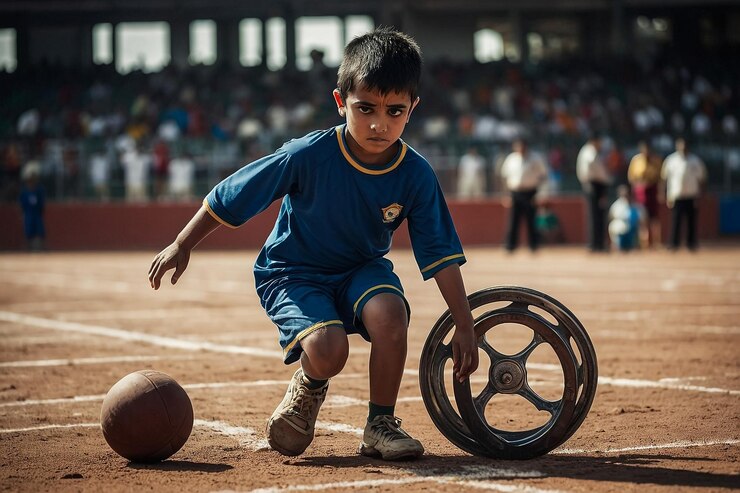
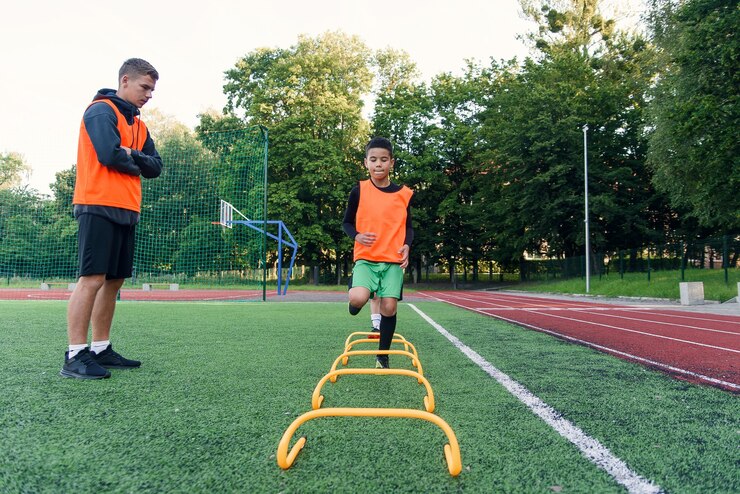
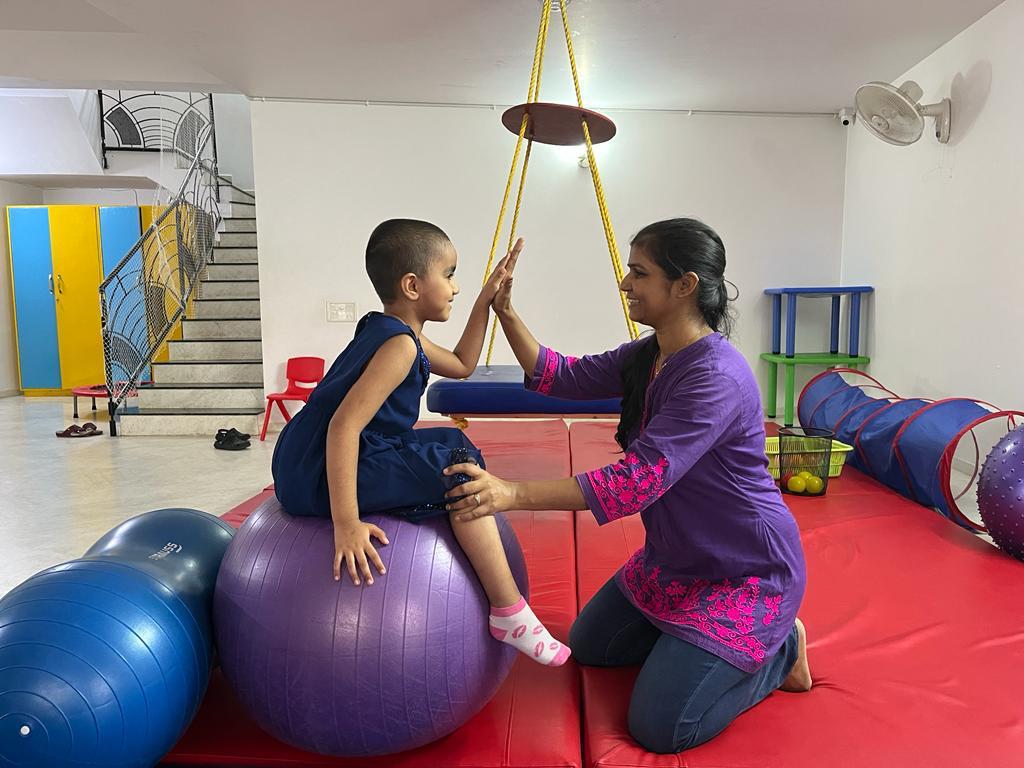
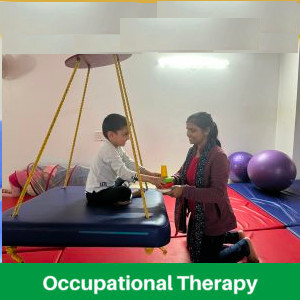

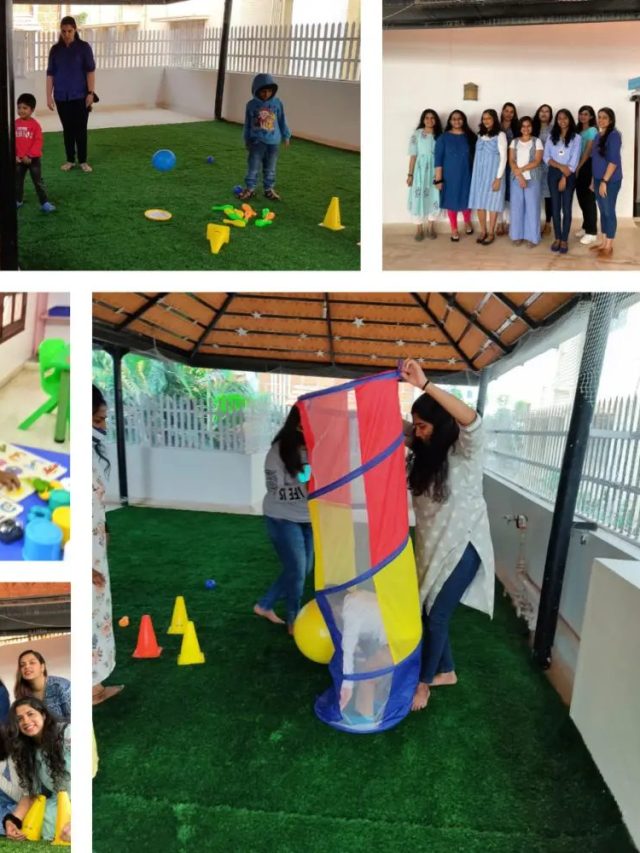



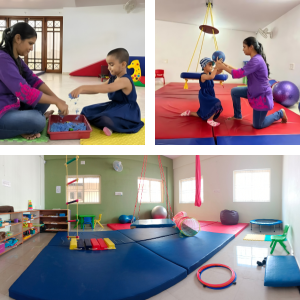
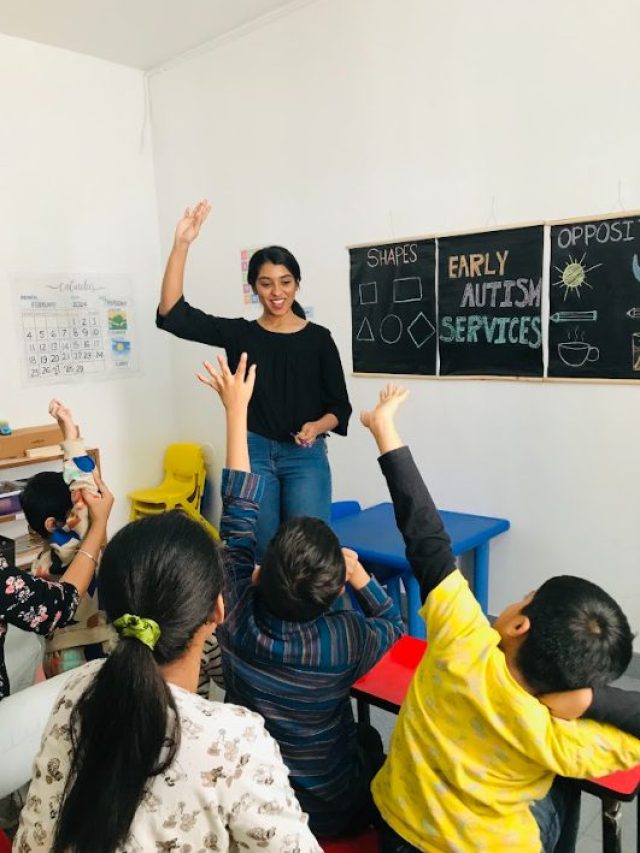
Recent Comments